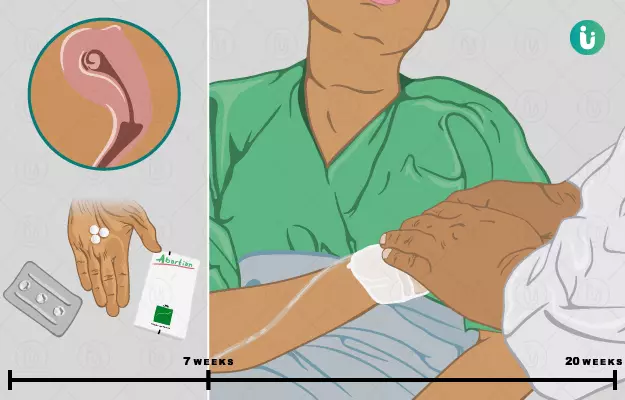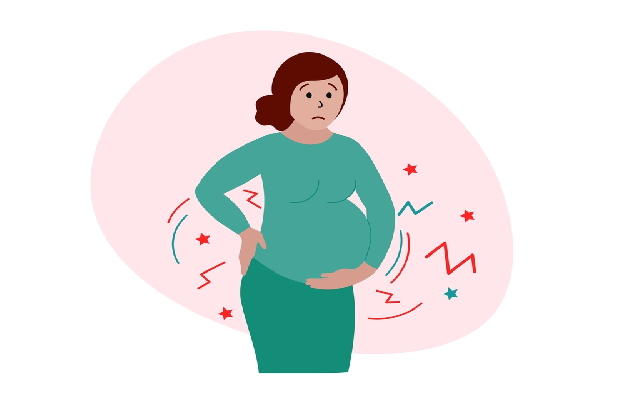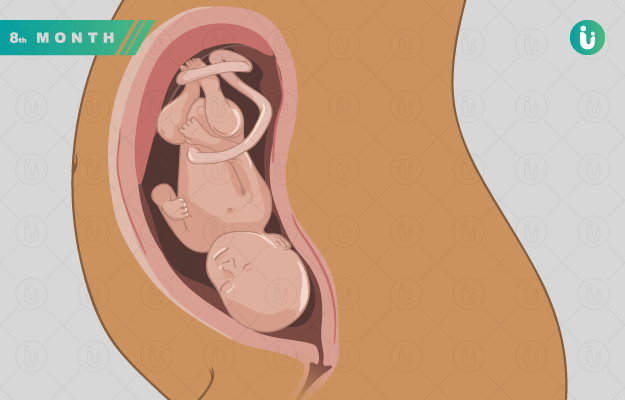One of the most difficult and painful decisions that a woman or a couple has to take in life is going for an abortion.
Abortion is the term used for the medical termination of pregnancy, which can be performed medically or surgically. The procedure to be followed and the safety of abortion depend on the trimester of pregnancy in which the procedure is performed. The earlier the procedure is performed, the lesser is its complications.
Abortion procedure is safe in most cases but it is usually accompanied by some side effects such as heavy bleeding, pelvic cramps, nausea, and vomiting. However, if you notice more serious symptoms like excessive blood loss, fever, and extreme pain, you must immediately report to your gynaecologist.
Abortion does not affect future pregnancies or fertility of the woman, and hence, is not an unsafe option to opt for as long as it is performed under the guidance of a trained gynaecologist.
Find best medical apps















































